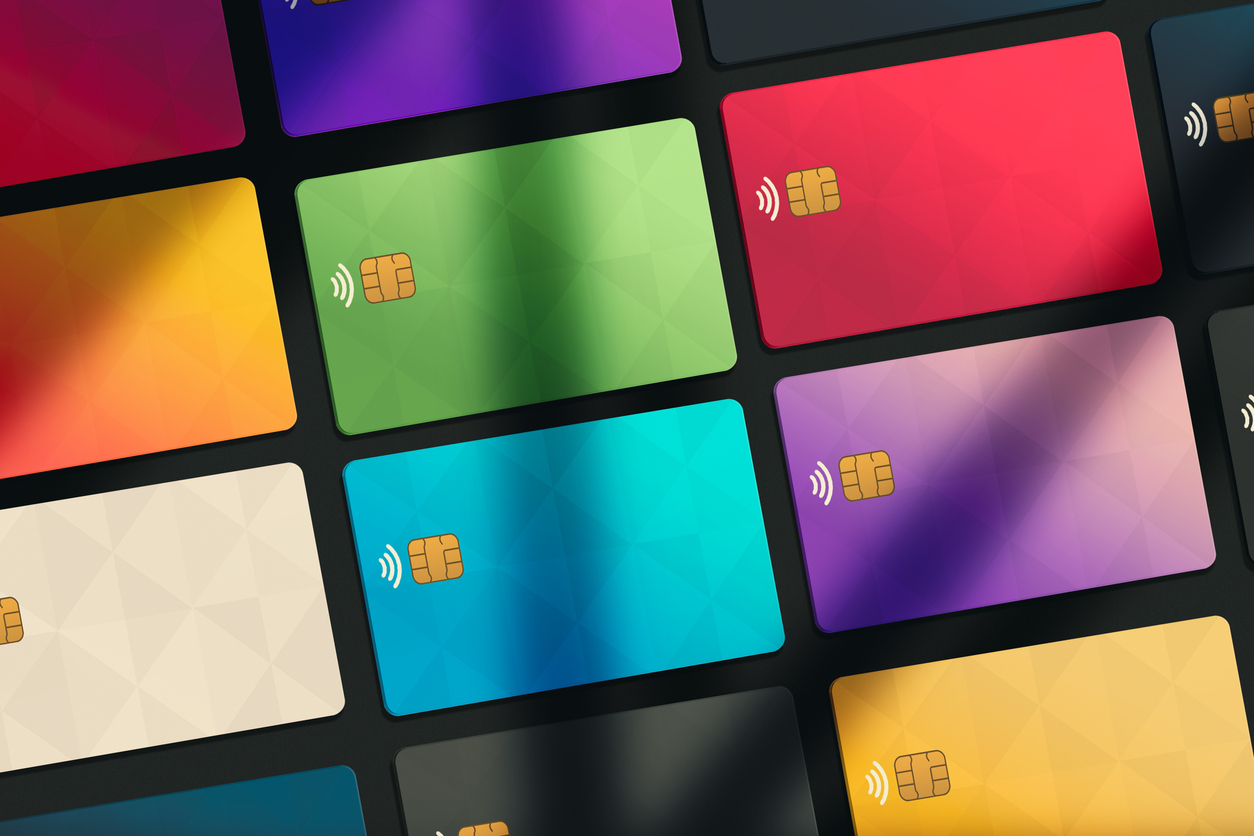
Credit cards are a common financial tool used by millions of people worldwide. They offer convenience, rewards, and a way to build credit, but they can also lead to debt and financial stress if not used responsibly. Understanding the advantages and disadvantages of credit cards is key to using them wisely. In this article, we’ll explore the pros and cons of using credit cards to help you make informed financial decisions.
The Pros of Using Credit Cards
1. Convenience and Safety
Credit cards offer an easy and secure way to pay for goods and services, whether you’re shopping online or in person. Unlike carrying cash, credit cards reduce the risk of theft or loss, and most cards come with fraud protection features.
Why it’s a pro:
- You don’t have to carry large amounts of cash, and if your card is lost or stolen, you can quickly report it and stop unauthorized transactions.
- Many credit cards offer zero-liability policies, meaning you aren’t responsible for fraudulent charges.
2. Building and Improving Your Credit Score
One of the biggest benefits of using a credit card is its ability to help you build or improve your credit score. By using your card responsibly and paying your balance on time, you can demonstrate to lenders that you are a reliable borrower, which can improve your credit rating.
Why it’s a pro:
- A strong credit score can help you secure loans with better terms, lower interest rates, and even rent an apartment or get certain jobs.
- Credit cards provide an opportunity to establish a credit history, which is essential for future financial milestones like buying a home.
Pro tip:
- Pay your bill in full and on time every month to maintain a healthy credit score. Aim to keep your credit utilization below 30% of your credit limit for the best results.
3. Earning Rewards and Cashback
Many credit cards offer rewards programs that allow you to earn points, miles, or cashback on your purchases. These rewards can be redeemed for travel, merchandise, statement credits, or even cash, giving you added value for everyday spending.
Why it’s a pro:
- Some cards offer bonuses on specific spending categories like groceries, dining, or travel, allowing you to maximize your rewards.
- Cashback cards provide immediate savings on purchases, which can be especially useful for regular expenses.
Pro tip:
- Choose a rewards card that aligns with your spending habits to maximize the benefits. For example, if you travel frequently, a card that offers airline miles or hotel points might be the best fit.
4. Purchase Protection and Extended Warranties
Many credit cards come with added benefits, such as purchase protection and extended warranties on eligible items. This means that if a product is damaged or stolen shortly after purchase, or if it breaks down after the manufacturer’s warranty has expired, your credit card may cover the cost of repairs or replacements.
Why it’s a pro:
- Purchase protection can save you money on repairs or replacements, offering peace of mind on big-ticket items.
- Extended warranties add an extra layer of protection beyond the standard manufacturer warranty, potentially saving you from future expenses.
5. Emergency Fund Backup
Credit cards can serve as a financial safety net in times of emergency. If you face unexpected expenses, such as a medical bill or car repair, a credit card can provide immediate access to funds without having to dip into your savings.
Why it’s a pro:
- In a pinch, credit cards can help you cover urgent expenses until you have the funds to pay them off.
- Credit cards with 0% introductory APR offers can allow you to pay off emergency expenses over time without accruing interest (for a limited period).
The Cons of Using Credit Cards
1. High Interest Rates
One of the major downsides of using credit cards is the potential for high interest rates, especially if you carry a balance from month to month. Interest rates on credit cards are typically much higher than other types of loans, and unpaid balances can quickly accumulate, leading to significant debt.
Why it’s a con:
- Carrying a balance with high interest can make it difficult to pay off your debt, leading to financial strain and long-term payments.
- Interest charges can quickly negate any rewards or cashback earned through your card’s perks.
Pro tip:
- Always try to pay your credit card balance in full each month to avoid interest charges. If you must carry a balance, look for low-interest or 0% APR credit cards to minimize the cost.
2. Temptation to Overspend
Credit cards can make it easy to overspend since you aren’t immediately parting with cash. The ability to buy now and pay later can lead to impulse purchases or spending beyond your means, resulting in financial problems down the line.
Why it’s a con:
- The ease of access to credit can lead to higher debt levels and poor spending habits if not managed responsibly.
- Overspending can make it harder to stick to a budget, potentially causing long-term financial issues.
Pro tip:
- Set a personal spending limit for your credit card that aligns with your budget, and track your purchases regularly to ensure you stay within your financial means.
3. Potential for Debt Accumulation
Credit card debt can accumulate quickly, especially if you rely on credit cards for everyday expenses and don’t pay off your balance in full. Debt accumulation can harm your credit score and make it more challenging to achieve financial goals like buying a home or saving for retirement.
Why it’s a con:
- High credit card debt can negatively impact your credit score, making it harder to qualify for loans or secure favorable interest rates in the future.
- Minimum payments only cover a small portion of your balance, allowing interest to accumulate and prolonging the time it takes to pay off the debt.
Pro tip:
- Pay more than the minimum payment whenever possible to reduce your debt faster and minimize interest charges.
4. Impact on Credit Score
While credit cards can help build your credit score, they can also hurt it if misused. Late payments, maxing out your credit limit, or applying for too many credit cards can lower your credit score and negatively affect your financial opportunities.
Why it’s a con:
- Missing a payment or carrying a high balance can cause your credit score to drop, impacting your ability to qualify for loans or get favorable terms on mortgages and car loans.
- Hard inquiries from applying for multiple credit cards in a short period can temporarily lower your credit score.
Pro tip:
- Set up payment reminders or automate payments to avoid missing due dates, and try to keep your credit utilization below 30% of your total available credit.
5. Fees and Hidden Costs
Many credit cards come with fees that can add up over time, including annual fees, late payment fees, foreign transaction fees, and balance transfer fees. These additional costs can erode the benefits you may gain from rewards or cashback.
Why it’s a con:
- Annual fees can be costly, particularly on premium cards, and may not be worth it if you aren’t using the card’s benefits to their full potential.
- Late payment fees and penalty APRs can further increase your debt if you miss a payment.
Pro tip:
- Before signing up for a credit card, review the fee structure to ensure it aligns with your spending habits. Look for no-fee cards if you don’t want to worry about added costs.
Credit cards offer convenience, rewards, and the ability to build credit, but they also come with risks like high interest rates, overspending, and potential debt. To make the most of your credit card, it’s essential to use it responsibly by paying off balances in full, avoiding unnecessary fees, and sticking to a budget. Understanding both the pros and cons of credit card usage will help you manage your finances effectively and avoid common pitfalls.







